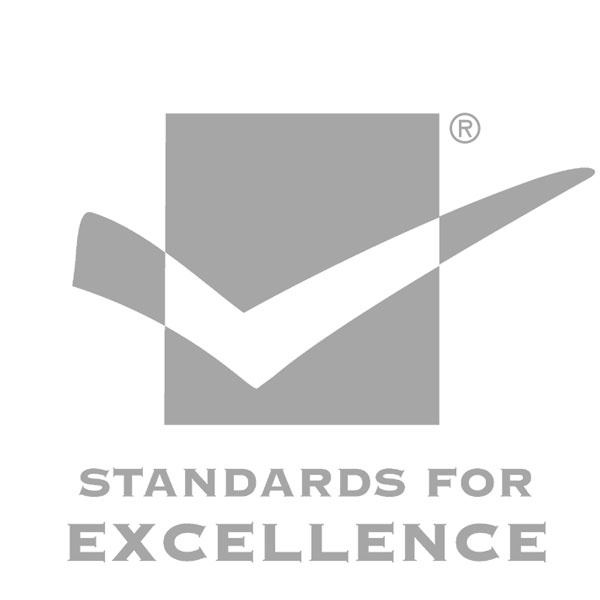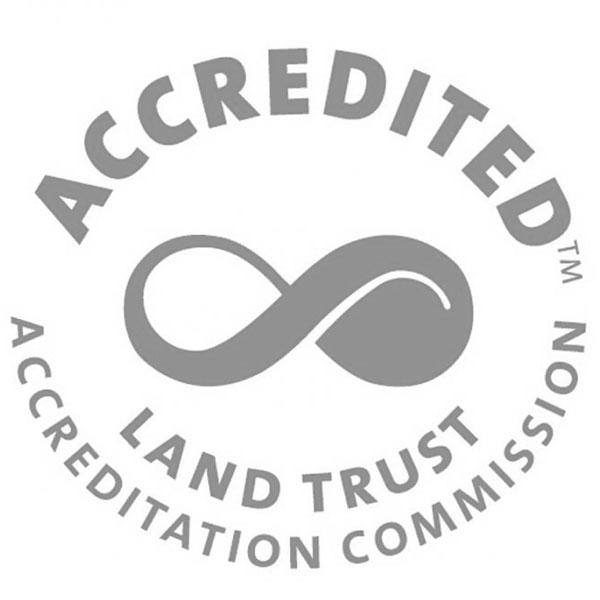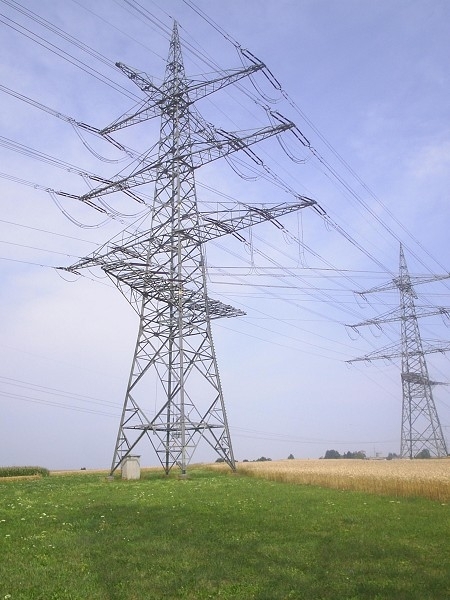May 24, 2012
The following commentary was printed May 24, 2012 in The Baltimore Sun and at CenterMaryland.org:
The quiet, staggering problem at the center of last Session’s gasoline tax debate was this: Maryland does not have the money to maintain our transportation system.
In the fervor, it was easy to miss the reason for the debate. The crisis began when we consumers, in response to the recession, turned to cars with better gas mileage, to car pooling, to transit – any means to decrease our own pain at the pump. The transportation trust fund, already weakened from regular budget raiding, was further diminished as the main funding stream - the per-gallon tax - dwindled.
This transportation funding crisis hamstrings not only rural regions like my Eastern Shore that are deeply dependent on our roads and bridges, but is a limiting factor for the future vibrancy of our urban areas. Hectic, long commutes, safety concerns, and poor alternatives thwart healthy growth in cities.
A number of fixes for short-term relief have been debated unsuccessfully. But, we left off the table some important, long-term solutions that do more than kick the can down the road. The long-view is needed now.
Whether we are talking about new or existing funding, tight, fiscally-prudent criteria on transportation spending are needed. Criteria should focus our investments to those needs most pressing and those that serve the most people. For example, investment in Shore Transit and Maryland Upper Shore Transit is sorely needed today to serve those unable to drive, and tomorrow as an opportunity for the broader population. For our communities, investment in walkability and bike-ability is essential to minimize traffic and for our health.
To fix the longest term culprit for transportation funding, we need smarter, more sustainable land use planning. Consider this: The Maryland Department of Planning tells us that in the
Read More







